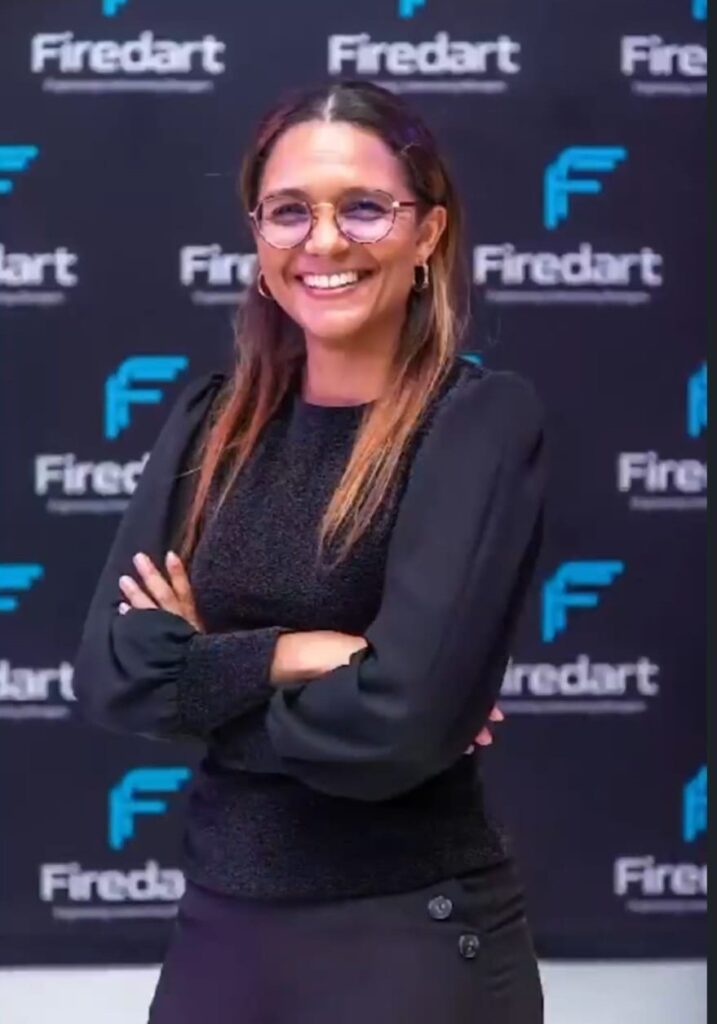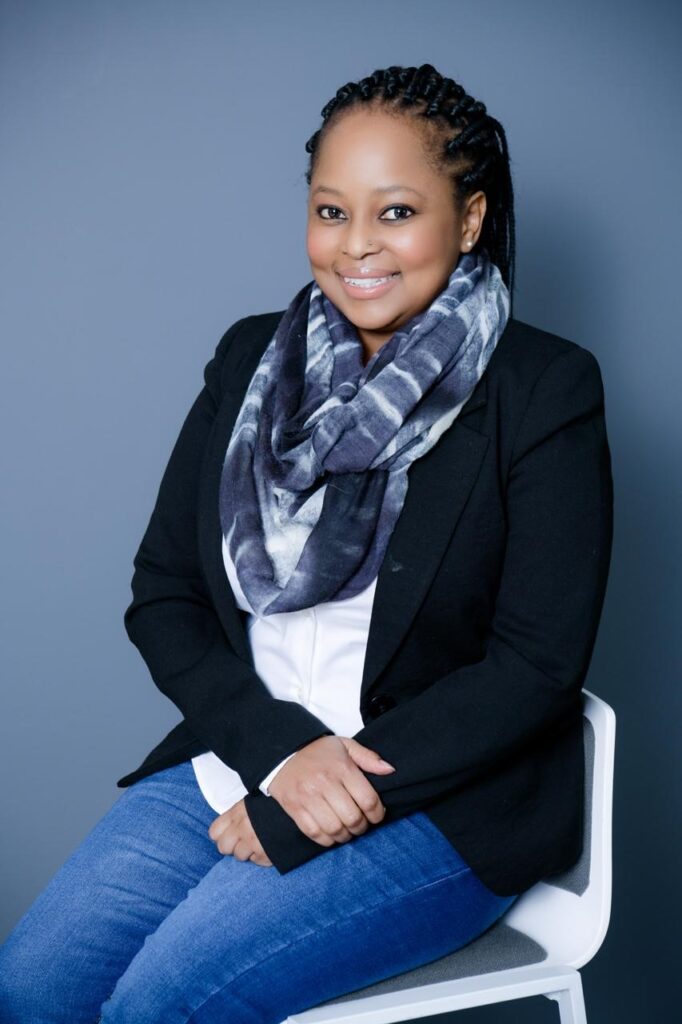
In a recent discussion with Tony Van Niekerk of COVER, the Firedart Claims Team delved into the evolving nature of engineering and construction claims. Shelly-Ann Whittaker, Claims Manager, and Tlotlego Teffo and Kami Joas Tarima, Claims Specialists, shared their experiences and insights on the current state of claims management and the growing challenges within the sector.
The conversation highlighted the significant impact of the COVID-19 pandemic on the construction industry and the increasing need for tailored claims management protocols to address the complexities of today’s engineering landscape.

A Surge in Claims – Shelly-Ann Whittaker began by emphasising the rising complexity of engineering claims, attributing this trend to the slow recovery of the construction sector post-COVID-19. The financial pressures faced by contractors have led to an increase in claims, as many seek financial relief regardless of the event’s nature or the quantum involved. This environment has also seen a surge in disputes, particularly when claims are not fully covered or when settlements are contested.
Tailored Claims Protocols – Building on Shelly-Ann’s points, Tlotlego Teffo highlighted the need for tailored claims protocols as engineering projects grow in complexity and value. With numerous stakeholders involved in construction projects—from contractors to insurers and clients—there’s a growing emphasis on setting customised claims processes upfront. By agreeing on specific procedures, such as how losses will be reported and adjusted, all parties can significantly speed up the claims process.

These tailored approaches not only streamline the claims lifecycle but also improve overall customer experience. “It’s about creating a more efficient and responsive claims environment that benefits all stakeholders,” Tlotlego explained. He underscored the importance of collaboration and transparency in establishing these processes, as they help mitigate disputes and align expectations from the outset.

Empower Your Decisions by Streamlining Your Data
With BARNOWL Insurance Data Warehouse: The Ultimate Data Solution for the Insurance Industry in South Africa.
For more information on how to empower your decisions by streamlining your data, visit bds.co.za
Staying Ahead in a Dynamic Environment – The discussion also touched on how claims professionals adapt to the complex environment. Shelly-Ann emphasised the importance of self-learning and staying updated on industry developments. “We have to keep our finger on the pulse,” she said, noting that the team regularly reads legal opinions and industry publications.
Tlotlego highlighted the value of internal knowledge-sharing among the team’s experts. “There’s a lot of learning happening within the team,” she said, explaining how this helps them anticipate changes in the market.
Kami added that curiosity and collaboration with external specialists also play a role. “It’s about always looking for ways to improve,” he said.
While self-development is key, the conversation remained focused on practical ways to manage complex claims. Tony suggested COVER’s podcast for further insights, and the team agreed that continuous learning is essential for navigating these challenges.
The Impact of the ‘Construction Mafia’ on Claims – One of the most intriguing points discussed during the interview was the role of the ‘construction mafia’ in influencing engineering claims. This term refers to groups that use intimidation and criminal activity to disrupt construction projects. These disruptions pose a significant challenge for insurers because, while policies typically cover physical damage, they often do not cover the losses associated with delays caused by such criminal activities.
Addressing this challenge requires a more comprehensive understanding of how to structure insurance policies to fill these gaps, and it’s an ongoing conversation in the market. This issue is a clear example of the evolving risks and complexities faced by the engineering claims sector, reinforcing the need for claims professionals to stay informed and adaptable.
The Future of Infrastructure Projects – As the conversation concluded, Tony touched on the future of infrastructure projects and the opportunities they might present for claims professionals. With the South African government’s focus on reviving infrastructure, the demand for efficient and effective claims management is likely to increase.
The Firedart team remains optimistic about the role they can play in this environment. “Infrastructure development is crucial for the country, and as the sector revives, there will be more projects coming up,” Shelly-Ann noted. Tlotlego and Kami echoed her sentiments, expressing enthusiasm about contributing to the sector’s growth and ensuring that claims processes are adapted to meet the evolving needs of the market.
The discussion with the Firedart Claims team highlighted the complex and dynamic nature of the engineering and construction claims sector in South Africa. Post-pandemic recovery, criminal disruptions, and the growing value of projects have all contributed to an environment where tailored and efficient claims management processes are essential.
The Firedart team’s proactive approach—focusing on collaboration, continuous learning, and self-development—positions them well to navigate these challenges and support the sector’s growth in the coming years.
As infrastructure projects increase, the expertise and adaptability demonstrated by professionals like Shelly-Ann, Tlotlego, and Kami will be critical in ensuring that claims are managed efficiently, allowing for smoother project execution and improved customer satisfaction.

